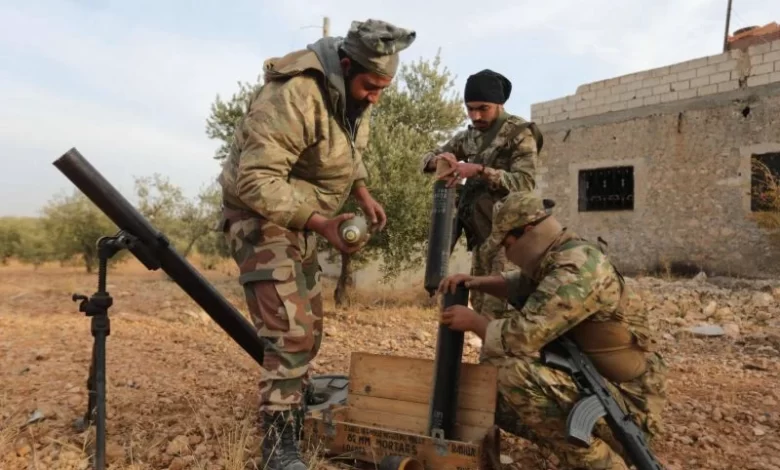Syria Scenarios: What Happens in the Event of a Turkish Ground Invasion?

After weeks of deadly Turkish airstrikes in northern Syria, Kurdish forces and international players are trying to gage whether Ankara’s threats of a ground invasion are serious. Turkish President Recep Tayyip Erdogan has repeatedly warned of a new ground incursion to push Kurdish groups away from the Turkish-Syrian border. Following a November 13 bombing in Istanbul, Turkish authorities blamed the attack on the outlawed Kurdistan Workers’ Party (PKK) and the Syria-based People’s Protection Units.
Goals of Turkey
The Indian newspaper, India Express, confirmed that on 20 November, Ankara launched a barrage of airstrikes, killing dozens, including civilians, Kurdish fighters and Syrian government forces. Human Rights Watch warned that the strikes were exacerbating the humanitarian crisis by disrupting electricity, fuel and aid. Most recently, Russian Deputy Foreign Minister Sergei Vershchinin flew to Turkey this week for talks on the situation in Syria.
Turkey sees Kurdish forces along its border with Syria as a threat, has launched three major military incursions since 2016, and taken control of large swaths of territory. Erdogan hopes to relocate 3.6 million Syrian refugees in Turkey to northern Syria and begin building housing units there. The plan could address growing anti-refugee sentiment in Turkey and bolster Erdogan’s support ahead of next year’s elections, while historically weakening Kurdish-majority areas by resettling non-Kurdish Syrian refugees there. Turkey’s planned invasion earlier this year was halted amid opposition from the United States and Russia.
Crisis scenarios
According to the Indian newspaper, it is possible that Erdogan will refrain from any military invasion due to Russian-American pressure, as Kurdish groups are pressing the United States and Russia, both of which have military positions in northern Syria, to prevent Turkey from carrying out their threats once again. Kurds worry that the West will stand aside this time to placate Ankara in exchange for agreeing to Sweden and Finland joining NATO. “This silence towards Turkish brutality will encourage Turkey to carry out a ground operation,” said Badran Jia Kurd, co-president of the Autonomous Administration of North and East Syria.
Kurdish groups, which have fought ISIS alongside a U.S.-led coalition and are now guarding thousands of ISIS fighters and their family members, warn that Turkish escalation will threaten efforts to eliminate the extremist group, and in recent weeks, U.S. and Kurdish-led Syrian Democratic Forces (SDF) officials have said they have suspended or reduced joint patrols against ISIS due to airstrikes, though patrols have since resumed.
If Turkish forces invade, the Syrian National Army militias, a Turkish-backed coalition of Syrian extremist groups that includes tens of thousands of fighters, will likely provide foot soldiers for any future ground offensive, the Indian newspaper added. In previous incursions, including the 2018 assault on the town of Afrin, the militias have been accused of committing atrocities against the Kurds and displacing tens of thousands of their homes. The U.S. is unlikely to counter the offensive, as the U.S. maintains a small military presence in northern Syria, and its strong support for the SDF infuriated Turkey. However, the U.S. initially said little publicly about Turkish airstrikes, speaking only with greater force.












